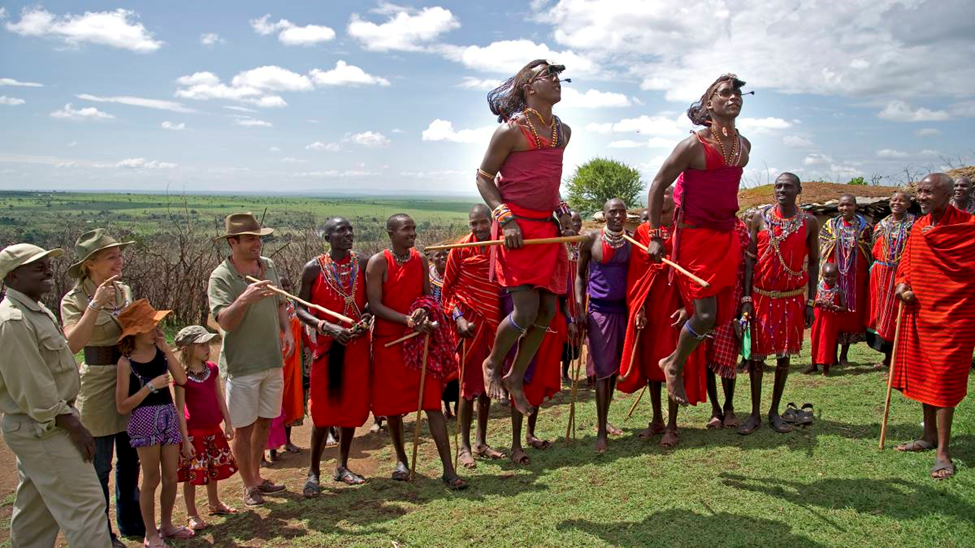April, 2024 African Proverb of the MonthA guest is like rain.Tetela (DRC Congo) Proverb
 |
Ongenda ngenda ndende vula. (Tetela) Mgeni ni kama mvua. (Swahili) Un invite est comme la pluie. (French) A guest is like rain. (English) |
Tetela (DRC Congo) Proverb
Background, Meaning and Everyday Use
The Tetela Ethnic Group of the Democratic Republic of the Congo (DRC), numbering 2,235,000, are “Engaged yet Unreached.” They are part of the Bantu, Central-Congo people cluster within the Sub-Saharan African affinity bloc. This group is only found in Congo (Kinshasa). Their primary language is Tetela. The primary religion practiced by the Tetela is Roman Catholicism, the largest branch of the Christian Church and one of the oldest religious institutions in the world. Roman Catholicism teaches that it is the one true Church founded by Jesus Christ and that its bishops are the successors of Christ.
Rain does not last forever, it comes and goes. Similarly, guests are temporary visitors. They arrive, spend some time and depart.
- A guest, like rain, is unpredictable and can arrive at any time, so one should always be prepared and hospitable.
- A guest, like rain, can overstay their welcome and cause problems, so one should be careful not to impose on their host,
- A guest, like rain, can be refreshing and pleasant, but also cold and unpleasant, so one should be grateful.
This Tetela proverb a visitor is like rain reflects the importance of hospitality and etiquette in Tetela culture, as well as the ambivalent attitude towards rain that can be both beneficial and harmful for the people and the environment.
Biblical Parallels
Hebrews 13:2: “Do not forget to show hospitality to strangers, for by so doing some people shown hospitality to angels without knowing it.”
Matthew 25:35: “For I was hungry and you gave me something to eat, I was thirsty and you gave me something to drink, I was a stranger and you invited me in.”

Contemporary Use And Religious Application
Hosting others can bring unexpected blessings and positive experiences. By opening one’s home and heart to guests, individuals may create opportunities for meaningful connections, personal growth and the possibility of enriching both the host and the guest.
The proverb a guest is like rain might be interpreted as a reminder of the importance of hospitality and the positive impact it can have on individuals and communities. Drawing from biblical principles of welcoming strangers and showing kindness to others, the contemporary religious conclusion could emphasize the following points:
- As Christians, we are encouraged to view hospitality as a virtuous act. Just as rain brings nourishment to the earth, welcoming guests can bring nourishment to the soul. In practicing hospitality, individuals embody the values of love, kindness, and compassion taught in many religious traditions.
- Welcoming guests can be seen as a reflection of the divine command to love one’s neighbor. In various religious teachings, the concept of loving and caring for others is fundamental. The proverb reinforces the idea that by extending hospitality, individuals participate in expressing the divine love and generosity that are central to their faith.
- A guest is like rain underscores the spiritual significance of hospitality, highlighting its potential for blessings, temporary nature and reflection of divine love. It encourages believers to embrace the opportunity to welcome others with open hearts and to recognize the sacredness in such acts of kindness.
Text and photos by:
Elias Bushiri Élie
Nairobi, Kenya
+254 7414 97556 (WhatsApp)
+254 7359 73276
ebushiri@gmail.com (Skype)
e.bushiri@yahoo.com
Eli@s B. Élie (Facebook)
